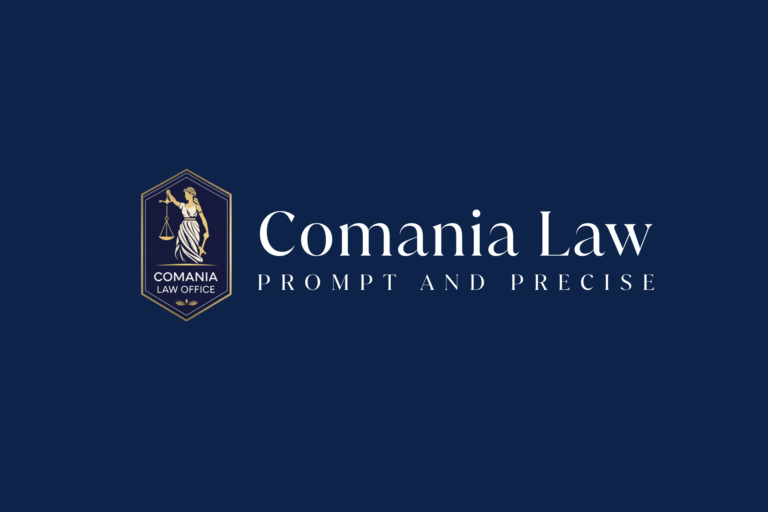MANILA, Philippines — The Supreme Court (SC) En Banc, in a decision promulgated on May 6, 2025, dismissed the Petition for Certiorari and Prohibition filed by Katherine Cassandra Li Ong against the Senate Tricomm and the House of Representatives (HOR) Quadcomm. Ong sought to enjoin the legislative committees from conducting inquiries in aid of legislation, primarily arguing that they violated her constitutional rights to remain silent and against self-incrimination.
The Court, in an opinion penned by Associate Justice J. Lopez, affirmed the validity of the congressional committees’ power of inquiry and clarified the limitations on a witness’s right to silence during legislative proceedings.
Legislative Inquiries into POGO Links
The case arose from highly publicized hearings conducted by the legislative committees, focusing on illegal Philippine Offshore Gaming Operators (POGOs) and related criminal activities, including human trafficking. Ong, linked to these operations through a privilege speech in the House of Representatives, was served with subpoenas and eventually arrested and detained by the HOR for contempt after failing to appear. She was later transferred to the custody of the HOR and subsequently the Correctional Institute for Women.
Ong filed the petition directly with the Supreme Court, contending that the committees’ questioning amounted to a custodial investigation and that the members of the HOR Quadcomm had subjected her to “humiliating and incriminating questions,” pressuring her into testifying despite invoking her rights.
No Blanket Right to Remain Silent
The Supreme Court dismissed the petition on two main grounds: procedural lapses and lack of merit regarding the substantive constitutional rights invoked.
The Court found that Ong failed to justify her direct resort to the SC, bypassing the established established doctrine of hierarchy of courts. Crucially, she failed to specify which exact questions propounded by the lawmakers violated her rights, rendering the petition insufficient as it involved disputed factual questions the Court could not resolve without a trial.
Addressing the merits, the Court firmly rejected Ong’s argument that legislative inquiries operate like custodial investigations. The ruling reiterated that witnesses in legislative inquiries are not criminal defendants. Therefore, a witness “cannot altogether decline appearing” or invoking a blanket right to remain silent.
The Court emphasized the long-settled jurisprudence that the right against self-incrimination is not absolute and must be invoked only when an incriminating question is actually asked. Ong’s broad refusal to testify, based on the mere assumption that answering would violate her rights, was deemed erroneous.
Furthermore, the Court clarified that the right to counsel, typical of a custodial investigation, does not grant a witness the right to refuse to appear or testify entirely in an inquiry aimed at crafting new legislation. The committees’ power to cite a person for contempt for refusing to answer pertinent questions was thus upheld.
The Supreme Court affirmed that the legislative power of inquiry is broad and encompasses all matters concerning the administration of existing laws and the need for new statutes. While the rights of witnesses must be respected, the Court found that the committees did not violate Ong’s rights, as she failed to cite specific instances of abuse that would warrant intervention. The decision reinforces the constitutional authority of Congress to conduct investigations to perform its law-making function effectively.

